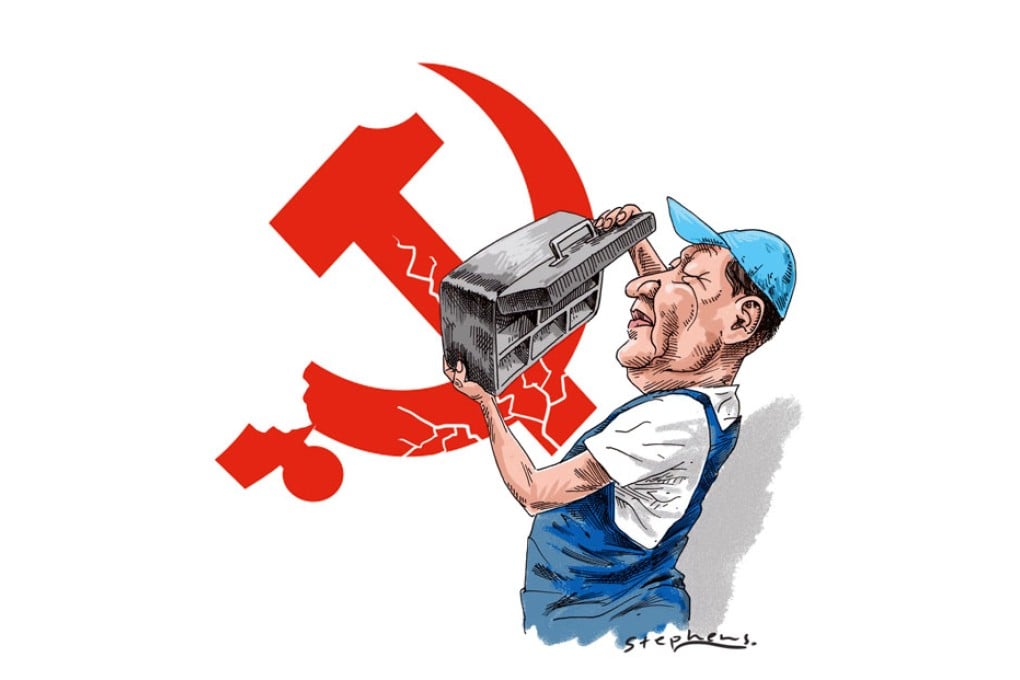The Communist Party survived Tiananmen, but does it have the tools to last another 25 years?
Minxin Pei says though the Chinese Communist Party survived the consequences of its brutal crackdown of June 4 protesters in 1989, the next 25 years will prove more challenging to its rule

It may be hard to imagine, but 25 years ago, the Chinese Communist Party was nearly toppled by a nationwide pro-democracy movement. It was the late paramount leader Deng Xiaoping's steely nerves and the tanks of the People's Liberation Army - dispatched to enforce martial law and suppress the protests in Beijing's Tiananmen Square - that enabled the regime to avoid collapse, at the cost of several hundred civilian lives.
On the 25th anniversary of the Tiananmen Square massacre of June 4, 1989, two questions stand out: how has the party survived the last quarter of a century, and can its rule endure for another 25 years?
The answer to the first question is relatively straightforward. Policy adjustments, clever tactics of manipulation, and a healthy dose of luck enabled it to win the support it needed to retain power and suppress destabilising forces.
To be sure, serious mistakes were made. Following the massacre, China's conservative leaders attempted to reverse the liberalising reforms that Deng had initiated in the 1980s, plunging the economy into recession. And the Soviet Union's implosion in 1991 caused a panic in the party.
But Deng again managed to save the party. Mustering all of his energy and political capital, the then 87-year-old leader revived pro-market reforms, unleashing an economic revolution that delivered an unprecedented wave of growth and development, thereby boosting the party's credibility considerably.
Deng and his successors buttressed this trend by granting Chinese citizens considerable personal freedoms, fuelling the emergence of a culture of crass consumerism and mass entertainment. In this new world of "bread and circuses", it was far easier for the party to regain public support and suppress the opposition. Carefully orchestrated moves to promote Chinese nationalism and exploit xenophobia also helped.
Even repression, the mainstay of the regime's survival, was fine-tuned. China's newly acquired wealth enabled its leaders to build one of the world's most technically sophisticated internet firewalls and equip its internal security forces with the most effective tools.
